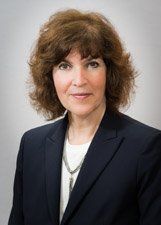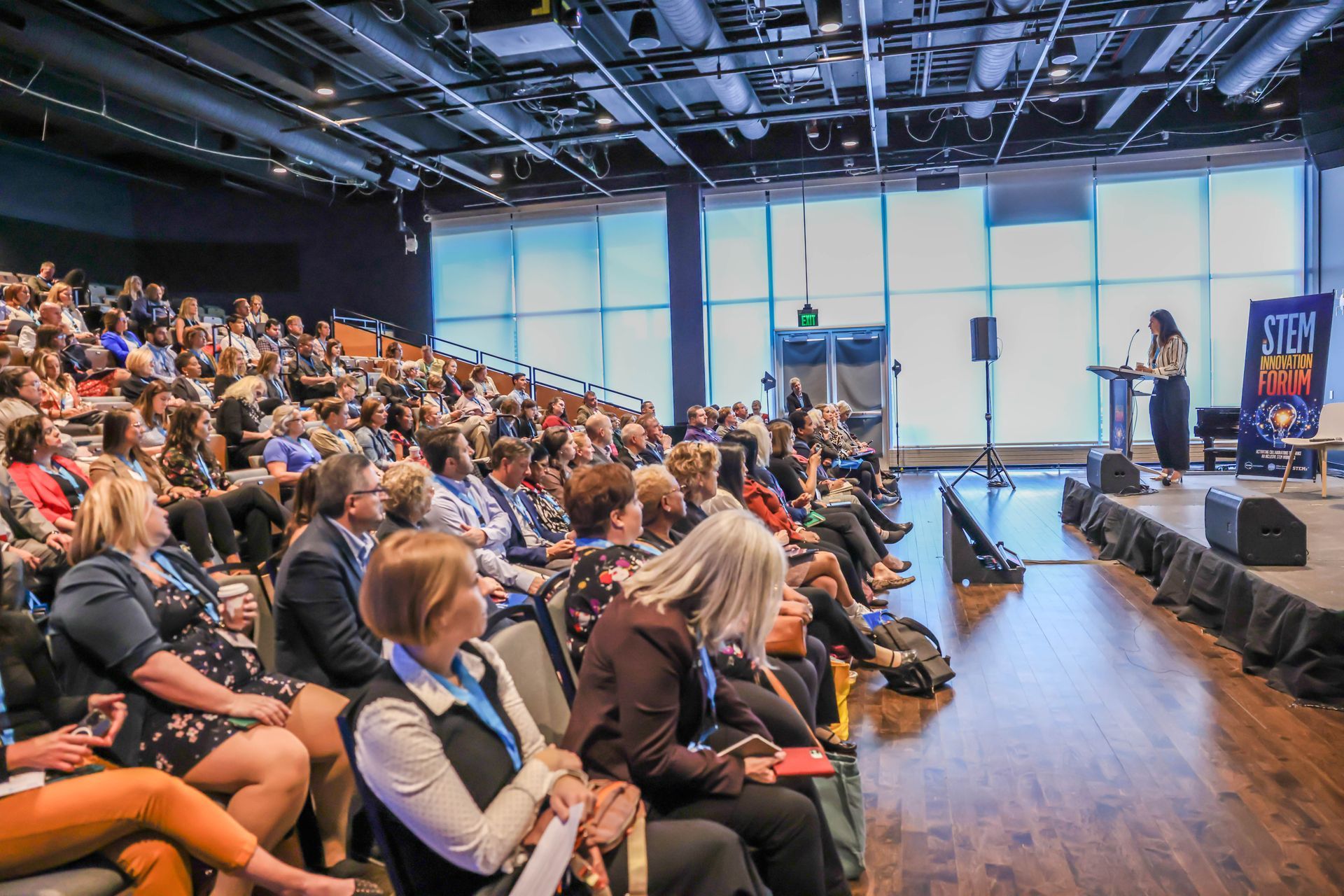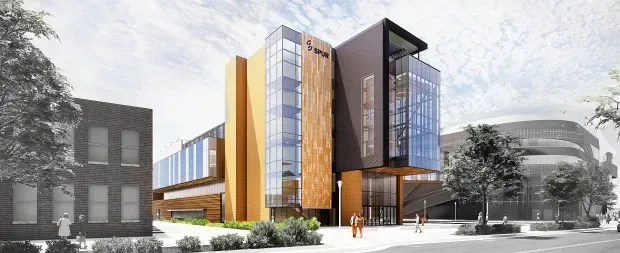Q: Tell us about the Medical Marvels Research Competition.
A: Northwell Health’s Feinstein Institute for Medical Research was interested in working with the Long Island (LI) STEM Hub to introduce students to careers in medical research. As co-steward of the LI STEM Hub, and as employees of Northwell Health, we realized the synergy that could be created by working together to introduce students to the scope of exciting STEM careers available in medical research.
While there are multiple science competitions for 11th- and 12th-graders, there are few for ninth and 10th grade. By offering the program to this younger audience, we hope to engage them earlier on and empower them to enter competitions in 11th and 12th grades. In addition, we were looking to level the playing field and give research experiences to those low/middle income schools that do not have research programs.
Q: How are the student competitors judged and by whom?
A: The student work is judged by approximately 30 Feinstein Institute researchers and employees who are subject matter experts in the topic. The students are judged according to their creativity, innovation, and adherence to the National Institute of Health (NIH) guidelines.
Q: How has the pandemic changed the competition?
A: The pandemic necessitated that we transition to a virtual environment, allowing us to expand the reach of student involvement, including schools that might not have previously had a budget for busing to and from the event.
Q: How and why was this year’s theme – gun violence – chosen? What particular issues did the students research, and how did they present their findings and recommendations?
A: Each year we look to engage students in topics that are relevant to their community and their lives. Past topics included vaping, substance abuse and immunizations, to name a few.
Gun violence continues to be a national health crisis across our country. We are assaulted with mass school shootings, attacks on religious institutions and on individuals. Behavioral health concerns, especially during a pandemic, lead to high numbers of suicides by guns.
Our CEO, Michael Dowling, is leading a national initiative addressing these concerns and hosted the 2019 and 2020 Gun Violence Prevention Conference. This led to the creation of the Center for Gun Violence Prevention – an initiative that calls for the critical need to implement evidence-based firearm injury and mortality prevention strategies in health care, especially within at-risk communities.
Students were given a hypothetical challenge: They are a legislator chairing a task force addressing behavioral/mental health of gun buyers and were tasked with answering multiple questions (see included brochure).
Prior to the pandemic, students submitted and presented their research papers and posters in-person to a team of researchers and business professionals. In 2020, the students videotaped a 3-minute presentation that was viewed and judged.
Q: What student teams were chosen as the winners and why?
A: Awards are given for first-, second- and third-place winners. Students must adhere to all the competition criteria. The top award goes to the team who demonstrated teamwork, presented a detailed response in an innovative way and properly followed NIH guidelines.
This year, the first-place team was all female and from a low/middle income community. As a result of their enthusiasm, we will be partnering with the school to create a Student Ambassador program, promulgating this information throughout the school and community. Students have given a presentation to classmates, who also wanted to become Ambassadors.
The ninth- and 10th-graders proposed revamping gun laws by requiring:
- Mental health and drug tests with a maximum of 20 questions.
- Background checks that make sure the gun purchaser is not linked to extremist groups.
- The more dangerous the gun, the more you need to do to get it.
- Safety courses and tests with a minimum 90% passing grade.
- States have their own say on how they want to administer these laws as long as they are followed.
Q: What skills – in particular, what STEM-related skills – have participating students developed by entering this competition?
A: Students have a greater understanding of science research, how to use technology to address/communicate issues, help solve community issues and presentations skills in communicating their findings. The teams are limited to three to six students per team, to emulate the experience of working as part of a research team. They also learn that medical research extends beyond “the bench,” with multiple career options.
Q: How have you refined the competition based on experiences over the years, and what advice would you give other STEM educators who might want to stage a similar contest?
A: Interest in this program has grown exponentially. To engage the widest audience possible, we encourage schools to host this competition internally, in turn, sending their top team to our event. It is important to choose a topic that is relevant and engages the students.
We added workshops on the topic to expand their knowledge base and had students present their research to the judges and students from other schools. This helped students gain an understanding of what constitutes an effective presentation, in addition to assessing the quality of work from their peers.
Q: Is there anything else you could share about this competition?
A: We are excited to create a Student Ambassador program to keep the conversation moving forward. This would include joint presentations and activities with students and Northwell Health team members.
We have interest from our Suffolk County Commissioner of Labor and look to continue to expand the conversation. We would look to have students develop leadership skills, have an interest in health-care careers and become influencers in their community.





